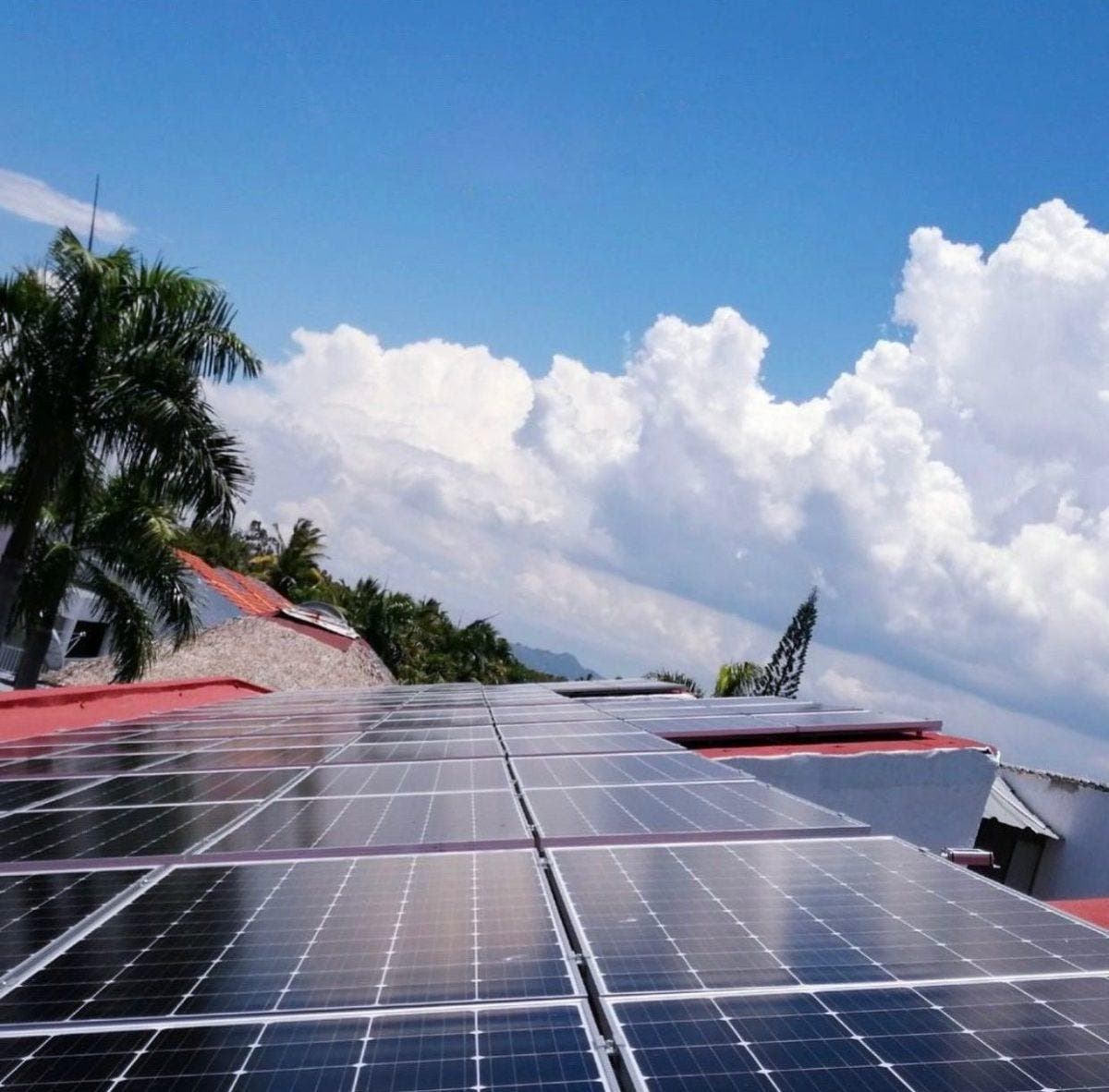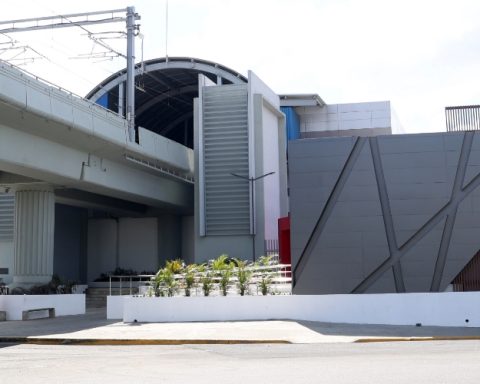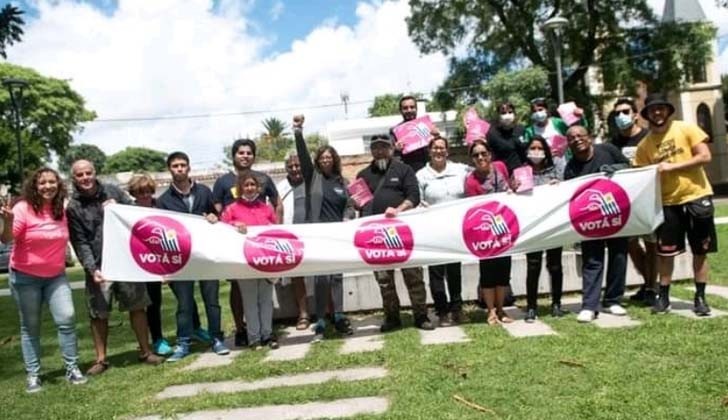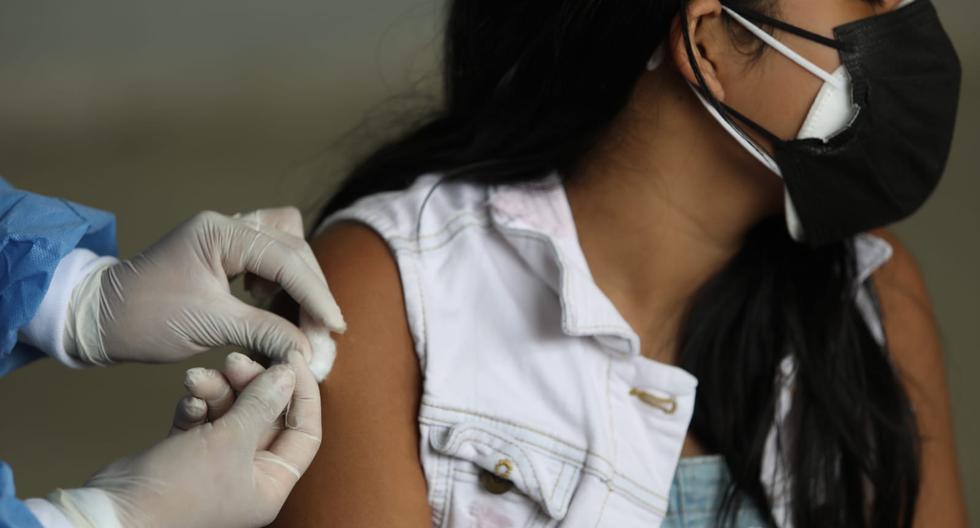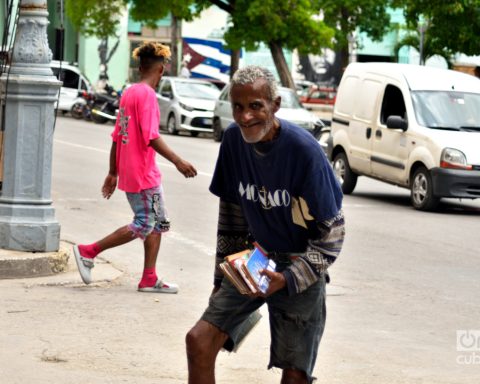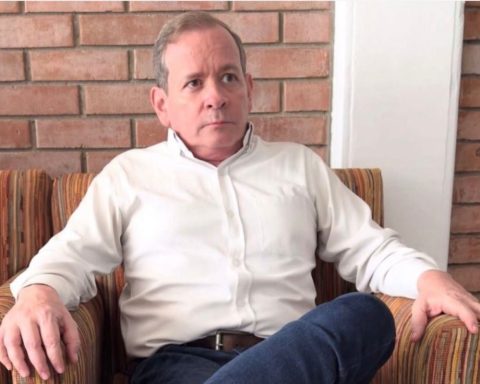The Association for the Promotion of Renewable Energies (Asofer) expressed concern about the proposal for a new regulation of Distributed Generation that is being discussed in the Superintendence of Electricity, which they indicate stops the growth and the very subsistence of this renewable sector.
The directors of Asofer, through a note, explained that in terms of self-consumption of energy, this new regulation will impact the cost of living of Dominicans, causing the closure of hundreds of companies and above all it would affect the country’s commitment to reduce its emissions of greenhouse gases by 2030, by 27% compared to 2010, as well as generate 25% of its energy through renewable sources by 2025.
Read more: CNE works on the Solar Energy Regulation reform
He explained that they have filed with the Superintendence of Electricity a communication on how this regulation would affect Dominicans and the suggestions they understand should be taken into account so that said document serves to regulate equitably and is in line with the government’s goals.
The association requested a rapprochement with the Electrical Cabinet to together ensure the interests of all Dominicans.
He added that they are concerned that while the world moves to increase the use of more sustainable energies, in our country the proposal that may affect the sector is being carried out.
Details
“Despite the fact that we see massive support from the population for the national strategy of decarbonizing the economy, through the installation of solar panels for self-consumption in their homes and businesses, as well as a growing interest in the use of electric cars, The truth is that the number of citizens who have managed to overcome the regulatory barriers and the market power of the distribution companies to self-generate their energy is very minimal”, Asofer maintains in the note.
He points out that when analyzing the distribution companies, of the number of clients within the net metering program that produce part of their energy with renewable energy, they barely represent 0.27% of all the clients they manage.
“In Edeeste, for example, there are only 681 clients, in Edesur, 2,870, and in Edenorte 4,611,” says Asofer.
